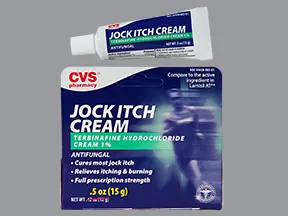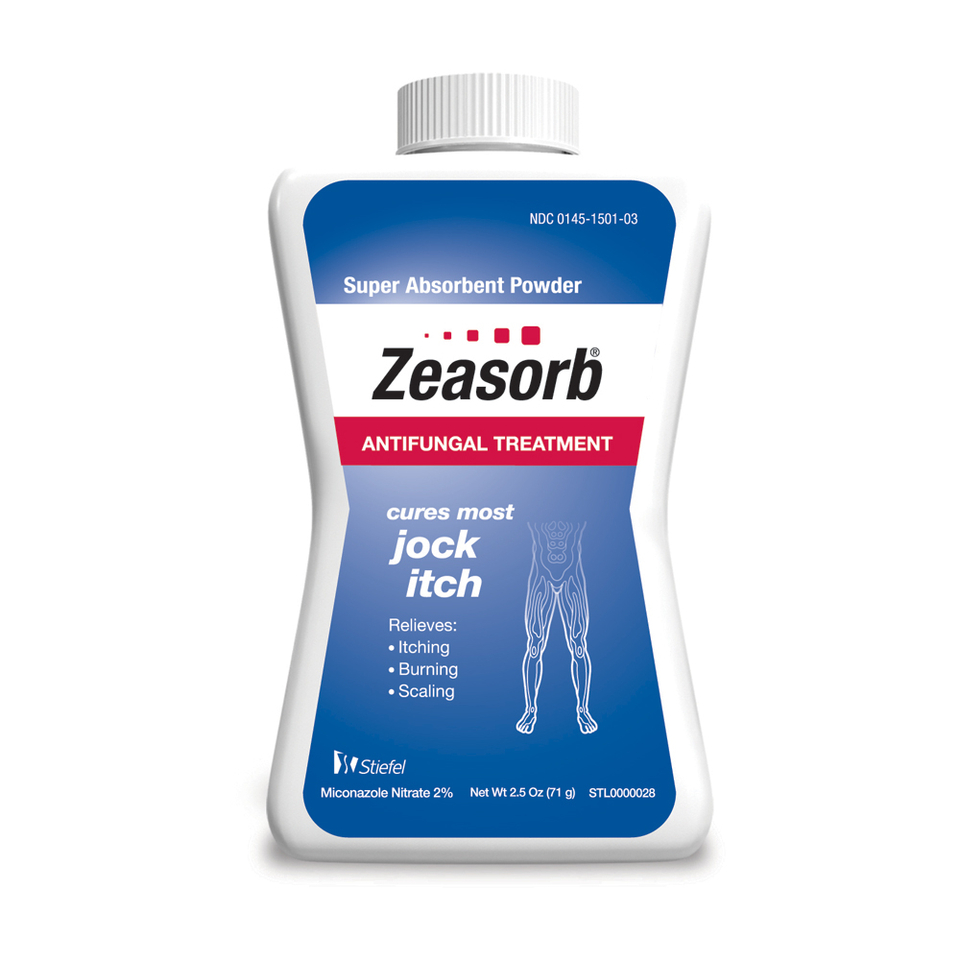

BEST JOCK ITCH MEDICINE SKIN
"An OTC hydrocortisone cream will work just as well for bug bites and contact allergies," Lerner says. If you use a diphenhydramine skin product, don't do so for more than seven days.

Topical diphenhydramine is sometimes recommended for short-term relief from itches related to bug bite or hives, but both Lerner and Yosipovitch caution that it can irritate skin and that some people are allergic to it. It can also help with insect bites and stings.ĭiphenhydramine: Itch creams, gels, and sprays containing this antihistamine, such as Benadryl Extra Strength Itch Stopping Cream and generics, work by blocking the itchy effects of histamine, a compound produced in the skin during an allergic reaction. But this mixture of zinc oxide and ferric oxide is very effective for relieving itch and drying out blistery rashes such as poison ivy, oak, and sumac, Lerner says. "Choose an antifungal product designed for your itching problem instead."Ĭalamine: Old-fashioned calamine lotion, found in products such as Caladryl Skin Protectant Lotion and generics, is less ubiquitous than hydrocortisone. "Corticosteroids can actually make these infections worse by reducing immunity, so the fungus can thrive," Lerner says. Skip hydrocortisone for itching around your toes or in your vaginal area or groin, which might be caused by a fungal infection. "It's also good for itchy rashes-such as skin reactions due to nickel in jewelry, buckles and snaps on clothing, and to irritants in laundry products." Drugstore hydrocortisone can help to soothe anal itching and discomfort from psoriasis and eczema as well. "If clearing up dry skin doesn't reduce the need to scratch in a few days, hydrocortisone is a good choice," says Ethan Lerner, MD, PhD, and associate professor of dermatology at Harvard Medical School, whose lab at Massachusetts General Hospital studies skin itching. Hydrocortisone: The 1 percent strength of this steroid cream, which eases itch by reducing inflammation, is in a slew of OTC itch products, such as Aveeno 1% Hydrocortisone Anti-Itch Cream, Cortizone 10 Maximum Strength Ointment, and generics.
BEST JOCK ITCH MEDICINE HOW TO
Here, the active ingredients you're likely to see on labels and how to choose wisely. "If gentle skin care and plenty of moisturizer are not helping your itch, it may be time to try an OTC anti-itch product," Krant says. Both can dry your skin, leading to itching, Krant says. Moisturize afterward, while skin is still slightly damp. Skip long, hot showers and large amounts of soap. Because soap and water can wash away protective skin-surface oils, keep baths and showers short, and use tepid water.
BEST JOCK ITCH MEDICINE FREE
If it's simple dryness causing your itch, use soaps and body washes that are mild, unscented, and free of alcohol. "Sometimes ice water compresses can help soothe itchy skin, and sometimes cold plain yogurt or cold cow's milk compresses can relieve mild itch without needing any over-the-counter or prescription medications," Krant says.Īnd no matter what's behind the itch, using a gentle, fragrance-free moisturizer (look for lanolin, or glycerin, petrolatum, or a combination of these on the label) two to three times a day could help. Turn on a fan or air conditioning in hot weather or sleep with your itchy body part outside the covers at night, for instance. For other problems, keeping itchy skin cool could ease the urge to scratch a little, Yosipovitch says. It's fine to try an OTC itch reliever right away for bug bites and rashes. "A careful history and physical exam by the dermatologist can go a long way in identifying the true cause and fixing it as fast as possible." "Itching is one of the most common complaints in visits to a dermatologist, but itching is caused by so many different things it's hard to have one set protocol or method for addressing it," Krant says.

If you're unsure why you're itching or you're extremely uncomfortable-unable to sleep through the night because of the need to scratch, for instance-check in with your doctor. And though dry skin is a far more frequent problem in the winter months, it can crop up now as well. Fungal infections and contact allergies (the usually short-lived rashy reactions some people have from substances such as cosmetics or certain fabrics or metals) are common in warmer weather. With these, it's easy to pinpoint the problem.īut other causes of itching may not be so obvious. "Summer brings out poison ivy and other itch-inducing plants, lots of bugs, and, of course, sunburn," says Jessica Krant, MD, MPH, assistant clinical professor of dermatology at SUNY Downstate Medical Center in New York City and a dermatologist in private practice in Manhattan.


 0 kommentar(er)
0 kommentar(er)
